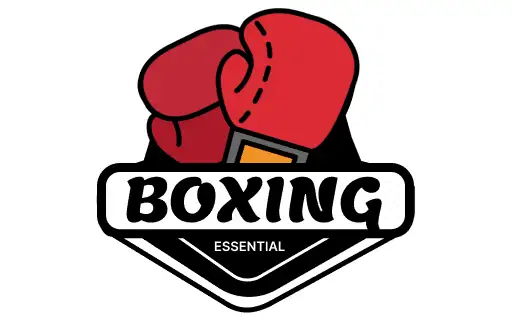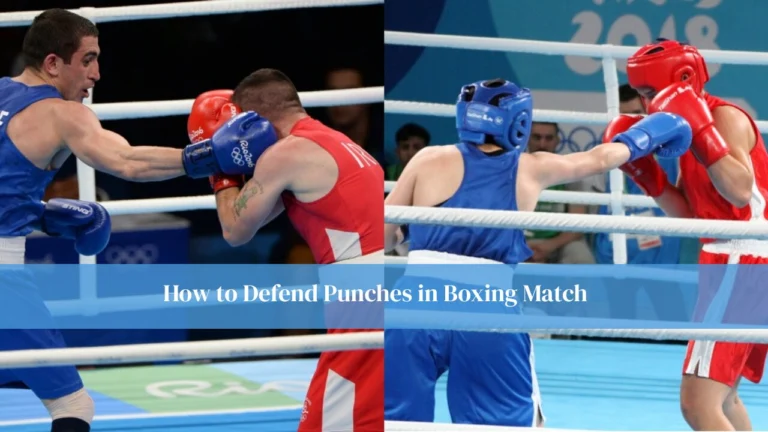Sharing is caring!
Boxing, often celebrated as the “Sweet Science,” is far more than an adrenaline-filled sport. It is a pathway that can lead to personal growth, international recognition, and financial success for those who are committed. For some, boxing begins as a childhood dream inspired by legendary fighters; for others, it starts as a way to improve fitness and self-discipline. But regardless of where the journey begins, one truth remains consistent: if approached strategically, boxing can evolve into a sustainable and rewarding career.
Whether you are an aspiring fighter dreaming of holding a world championship belt or a fitness enthusiast drawn to the competitive energy of the sport, the ability to monetize your passion is critical. The boxing industry offers multiple revenue streams from prize money and sponsorships to coaching, training programs, and media opportunities. This guide dives deep into the journey of making money from boxing, starting from the early days of training to expanding your influence and income beyond the ring.
Table of Contents
ToggleStarting the Journey The Foundation of Success
Embarking on a career in boxing is much like training for a marathon rather than a quick sprint. Success is built gradually, through persistence, discipline, and skill refinement. Every great boxer’s story begins with a commitment to training, self-improvement, and mental toughness.
For a beginner, the most important stage is laying a strong foundation. This means dedicating countless hours to mastering the fundamentals, conditioning the body, and building the mental resilience needed to face not only opponents but also the inevitable setbacks that come with the sport. Many aspiring boxers fail not because they lack talent, but because they underestimate the level of consistency required to excel.
A typical day for an ambitious boxer involves a mix of cardiovascular workouts for endurance, strength training for power, technical drills to sharpen punching accuracy and defense, sparring to simulate real fight conditions, and recovery sessions to prevent injury. The goal is to build both physical capacity and mental agility, as boxing is as much a game of strategy as it is of strength.
The Role of the Right Gym and Coach
Choosing the right gym and mentor can shape the entire trajectory of a boxing career. A skilled and experienced coach offers more than training tips they become a guide through the complex business side of the sport. They help you understand when to take certain fights, how to pace your career progression, and how to avoid deals or decisions that could harm your long-term prospects.
A reputable boxing gym is more than a facility with punching bags and a ring it is an environment that fosters growth, discipline, and camaraderie. Surrounding yourself with other dedicated fighters pushes you to perform better and exposes you to a variety of sparring styles, which sharpens adaptability in the ring.
Furthermore, top-tier gyms often have access to additional resources such as nutritionists, physical therapists, and sports psychologists. These professionals help optimize performance and longevity in a sport that demands peak physical and mental condition.
Climbing the Ranks From Amateur to Professional
Once a solid training foundation is established, the next challenge is to climb the ranks starting from local amateur competitions and eventually stepping into the world of professional boxing.
Amateur competitions serve as a proving ground. They provide real-fight experience, allowing you to learn how to control nerves, read your opponent, and adapt strategy under pressure. These fights also help you understand the sport’s rules and scoring systems, which differ from professional bouts. Success at the amateur level not only improves skills but also builds a reputation that can attract sponsors and promoters.
The transition to professional boxing is a major leap. While amateur victories help establish credibility, the professional scene is far more competitive and physically demanding. Longer fights, tougher opponents, and greater media scrutiny require exceptional preparation. At this stage, having a trusted manager and promoter is crucial they handle contracts, secure fights that align with your career goals, and negotiate payouts that reflect your value.
Building a professional record is a vital part of this phase. A fighter’s win-loss record can influence sponsorship deals, fight opportunities, and audience appeal. Maintaining a strong record while steadily increasing the difficulty of opponents is a delicate balance that requires strategic planning.
Earning Potential in the Ring
Once you have turned professional, the income opportunities expand significantly. Prize money is the most obvious revenue source, but how much you earn depends on factors like your ranking, the event’s scale, and your marketability. Some fighters start with purses in the low thousands, while others in high-profile matches can earn millions.
Negotiating fight contracts effectively is a skill in itself. Beyond the guaranteed purse, boxers can earn bonuses for winning, as well as a share of pay-per-view (PPV) revenue for major events. The more you win and the more you attract audiences, the more leverage you have in these negotiations.
The Sponsorship Game
Sponsorship deals can rival or even surpass fight earnings for popular fighters. Building a personal brand is essential. Fans and companies want to support fighters who are not only skilled but also relatable and engaging outside the ring.
In today’s digital era, a strong social media presence can dramatically increase sponsorship potential. Posting training clips, sharing insights into your daily life, and interacting with fans can help grow a loyal following. Sponsors are drawn to fighters who can influence audiences and embody the values of their brand.
While short-term deals can be lucrative, long-term partnerships often provide more stability. These ongoing collaborations give brands consistent exposure while providing fighters with predictable income between fights. Moreover, diversifying sponsorships beyond sports-related companies into areas like fitness apparel, tech gadgets, nutrition brands, and lifestyle products can broaden your income streams.
Beyond Fighting Expanding Career Opportunities
A smart boxer understands that fighting alone cannot be the sole source of income forever. Careers in the ring can be relatively short, so diversifying income streams ensures long-term financial stability. Many successful fighters branch into coaching, opening their own gyms, or creating training programs for aspiring boxers and fitness enthusiasts.
Others move into media, becoming commentators, analysts, or even content creators who share boxing techniques and behind-the-scenes insights online. With platforms like YouTube, Instagram, and TikTok, fighters can reach global audiences and monetize through ads, subscriptions, and partnerships.
Some retired boxers even write books, appear in documentaries, or create fitness products that capitalize on their experience and name recognition. The key is to start thinking about these opportunities early before retiring from active competition so that the transition is smooth and financially secure.
Conclusion
Making money from boxing is about far more than winning fights. It is a multifaceted journey that blends physical talent, mental strength, strategic planning, and business savvy. Success comes to those who see boxing not just as a sport but as a brand and a long-term career.
By committing to disciplined training, surrounding yourself with the right mentors, excelling in both amateur and professional ranks, and leveraging opportunities like sponsorships and diversified ventures, you can transform a passion for boxing into a sustainable and lucrative profession.
FAQs
How long does it take to start earning from boxing?
It varies. Significant earnings usually start after turning professional, which can take years of training.
Do all professional boxers earn from sponsorships?
No. Sponsorships depend on a boxer’s popularity and branding efforts.
Can I make money from boxing without being a professional athlete?
Yes. Opportunities include coaching, personal training, content creation, or participating in exhibitions.
Related Post:




